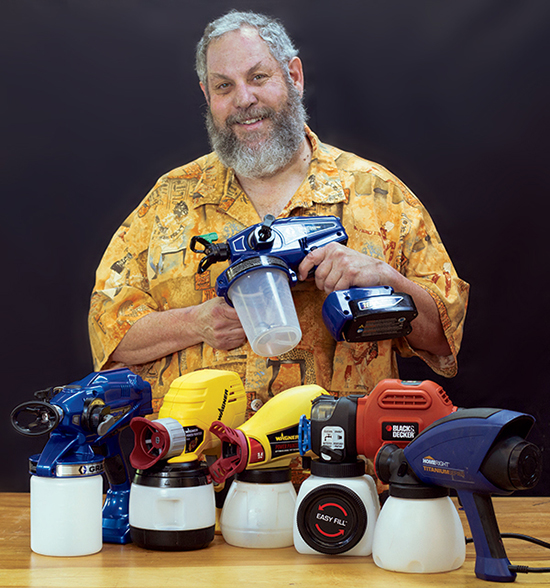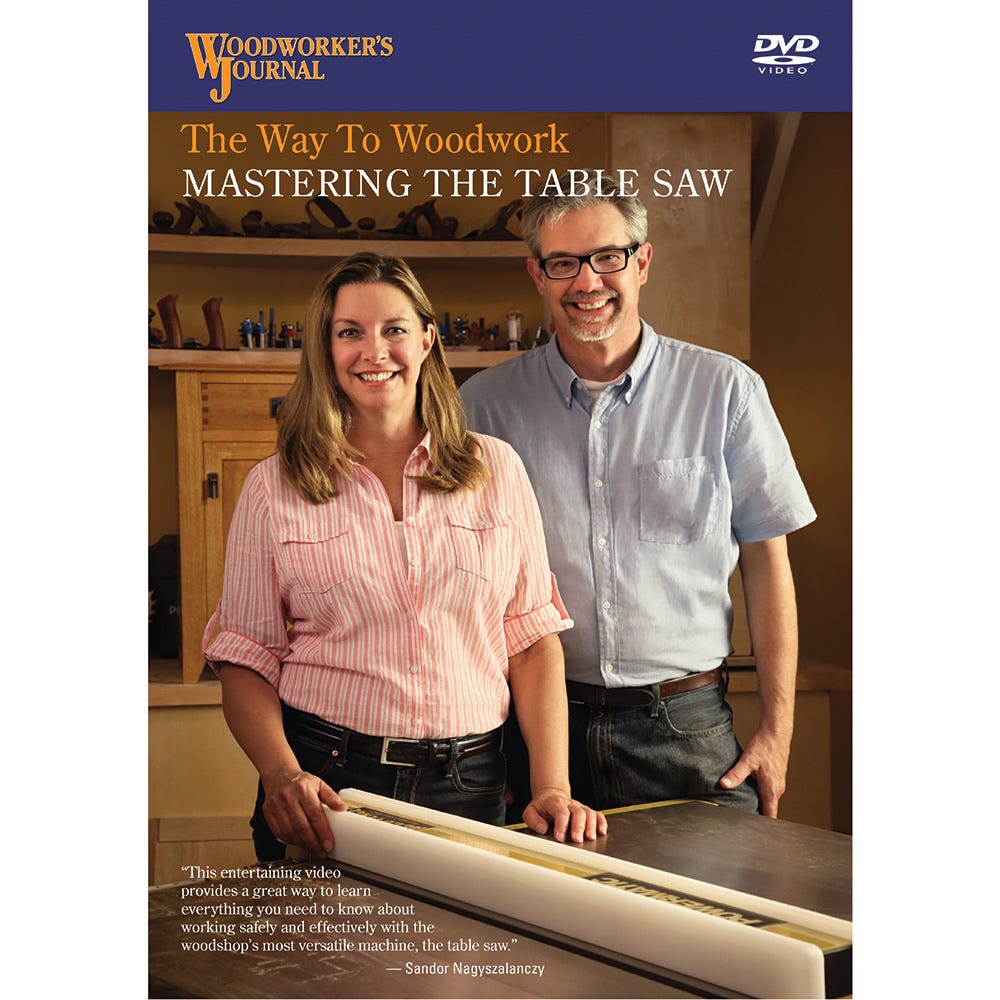
When I first set up my interview with author and finishing expert Michael Dresdner, he asked me to sent a list of possible questions. When we finally talked, he noted that I had asked How did he get started in woodworking? and How did he get so interested in finishes? as two separate question.
“I’m not sure it’s a different question.” Michael explained, and proceeded to tell me of his many careers and interests. It started about 30 years ago…
“After going to and dropping out from a series of colleges,” Michael recalled, “I came back from an extended trip to India and needed to figure out some way to make a living while I put myself through law school. I was playing guitar in a bar at a college town up in New Hampshire and after one of the concerts, a guy in the audience invited me to visit his lutherie (guitar making) shop. I was just completely floored by it and decided on the spot that’s what I wanted to do.”
But the guy turned down Michael’s request for an apprenticeship. Frustrated but undeterred, he ended up moving to south Florida and apprenticing, not to a luthier, but to a furniture finishing and repair business. As he mastered upholstery, furniture repair, refinishing, and finish repair, Michael went up the ranks of the various finishing shops.
“Eventually, I reached the top of my game in the south Florida, Miami area, but then I realized the best finishing in the country was being done up in New York. So I moved to New York and was promptly told I didn’t know anything! A finisher in the New York trade was expected to be able to do any kind of finish from any period. And since it took a lifetime to learn, you weren’t expected to do anything else. Finishers never touched woodworking or upholstery. It was sort of like going through a second apprenticeship. I started learning and over seven years, I managed to climb through the ranks of New York finishing shops.”
During those years, Michael never forgot his passion for guitar making. He’d been playing them, repairing them, and reading everything he could find on lutherie and guitar repair for years. In 1978, he made his first guitar … around the same time he quit the finishing shop.
“Someone saw it, and just on the strength of it, invited me in as a partner in a lutherie shop in New York … and that’s when my guitar making career started.”
To find larger and cheaper space, they soon relocated to New Jersey. All went fine until one day there was a disturbance in the downstairs showroom.
“They were trying to get rid of this old guy who’d come into the shop. They thought he was ranting, but he was trying to explain that he’d been in the coatings industry all his life and was looking for someone to share his life’s accumulated information. I knew how to manipulate or control finishes, but he knew what to do when something went wrong or the unexpected happened … how to troubleshoot problems. So he’d stop in periodically and teach me about formulation and chemistry.”
Even as his reputation as a guitar maker was growing, his newfound understanding of the chemistry of finishes was soon to take his career in a new direction. While listening to a lecture on finishing at a guitar convention in Colorado, he was stunned at how little the speaker knew. As he talked to people about his concerns, he was invited to speak on finishing at the next convention. His presentation got such a good response that he was asked to speak again the next night.
“Jim Cummins approached me,” explained Michael, “and asked if I would consider writing an article for Fine Woodworking magazine. I’d been writing a regular column on guitar repair for Vintage Guitar Bulletin since 1980, so I had some prior experience. Ironically, my first article was not on finishing … it was on using tools from other trades. But it occurred to me that there was a lot of competition for the few writing dollars out there. It would be easier to make a living if I filled a niche … and they were always looking for articles on finishing”
Michael split up with his guitar business partner around that time. And though he still had a secondary interest in guitars, he began a new career. Jim Cummins became his first editor at Taunton Press.
“He was the one who taught me that you had to understand a whole lot more than you actually write,” Michael explained. “It’s like the tip of an iceberg. He would constantly challenge me about why this step would be done … so I wasn’t just passing along hearsay. It kept me delving further into the field, and I started taking courses in finish and coatings chemistry. I learned the lingo of the field, which allowed me to talk to people in laboratories. Every time I learned something new, a whole set of other things would click into place. I never had a dream to write about finishing, but nobody else understand both formulating and how to manipulate the stuff. I was in a unique position.”
Michael worked for Fine Woodworking and Taunton for seven years. During this same time he also worked with Martin Guitar, designing their D1 line, and helping them set up a factory in Mexico. He also started the Tacoma Guitar Company, designing their instruments, setting up the factory, training people, and taking it to the first show. But he continued to focus on writing.
When he decided he wanted to write a regular column that would cover finishes, starting with the basics and building from there, he found a home for his idea at American Woodworking over at Rodale Press, where he wrote the column “Just Finishing” during most of the nineties. The column became popular and eventually led to books and videos back at Taunton.
Today, Michael lives in Washington state and considers himself primarily a writer. He still has plenty to say about finishing in his books and for Woodworker’s Journal print magazine. He also does some consulting work, some for the guitar industry and some for the finishing business. And lately he’s been called as an expert witness to help settle litigation involving finishes.
“I think we all have three careers in our life,” Michael laughed, “so I’ve had my three.”
After all these years does he have a finishing philosophy?
“I have an adage: Finish firewood first. People open up a can of material they’ve never used before and start slathering it on a piece they’ve just spent 400 hours building. I don’t understand why. But if you know it’s just a scrap for the fireplace, you’re more willing to try things and learn, without worrying about anyone seeing it.”







